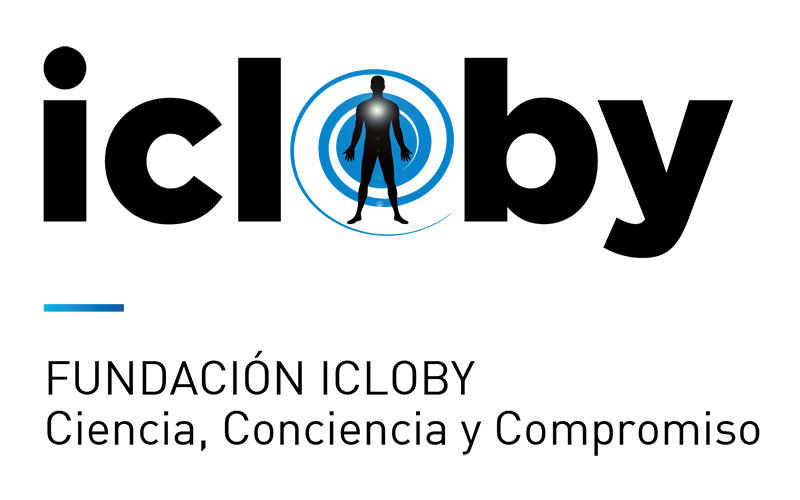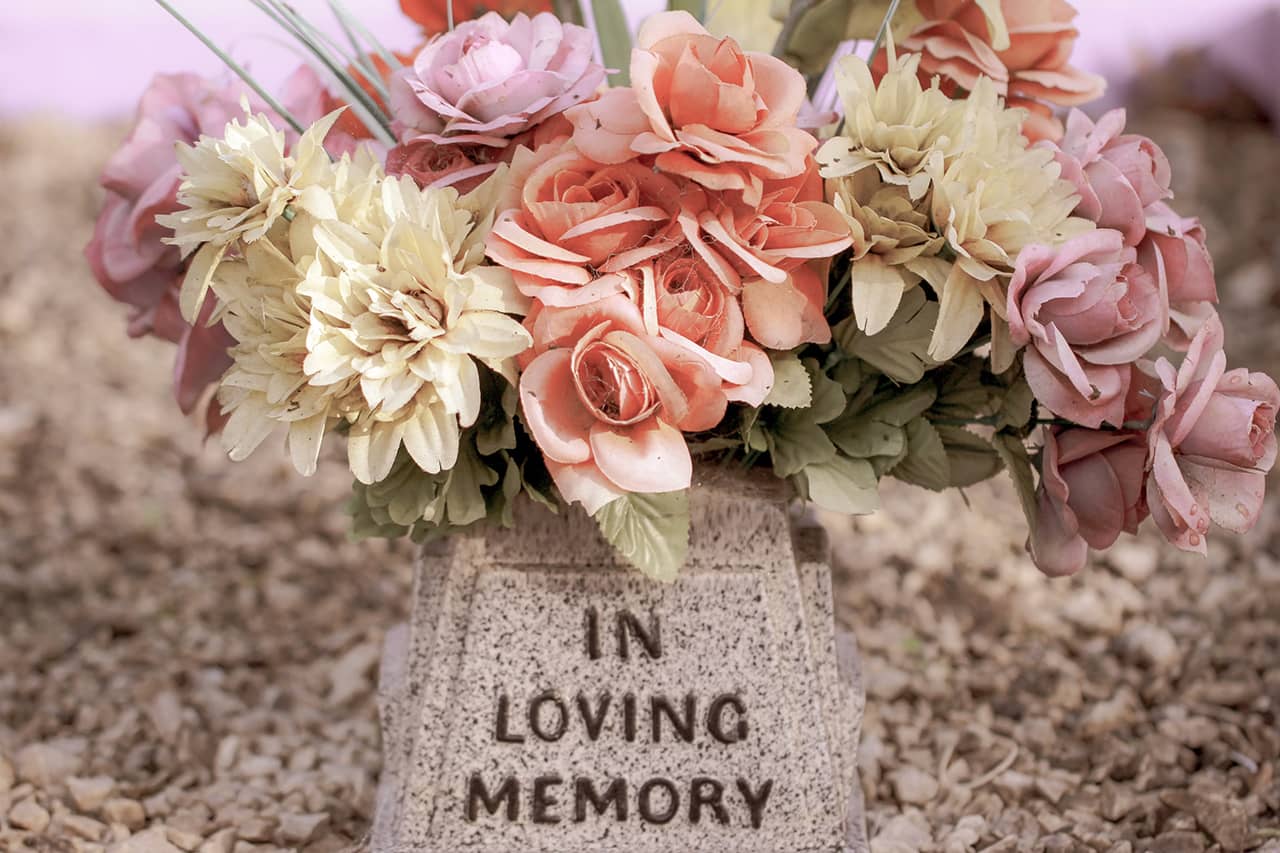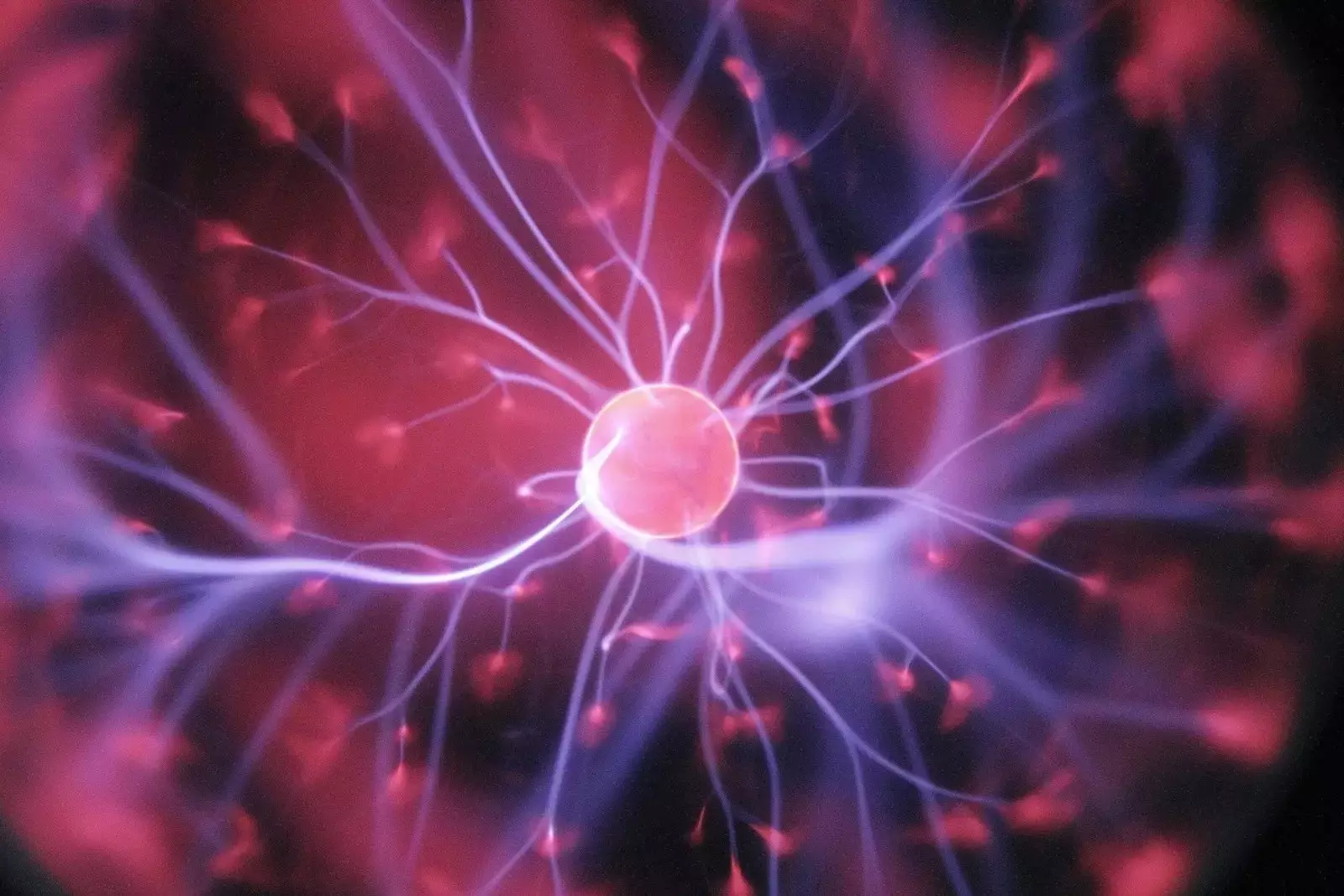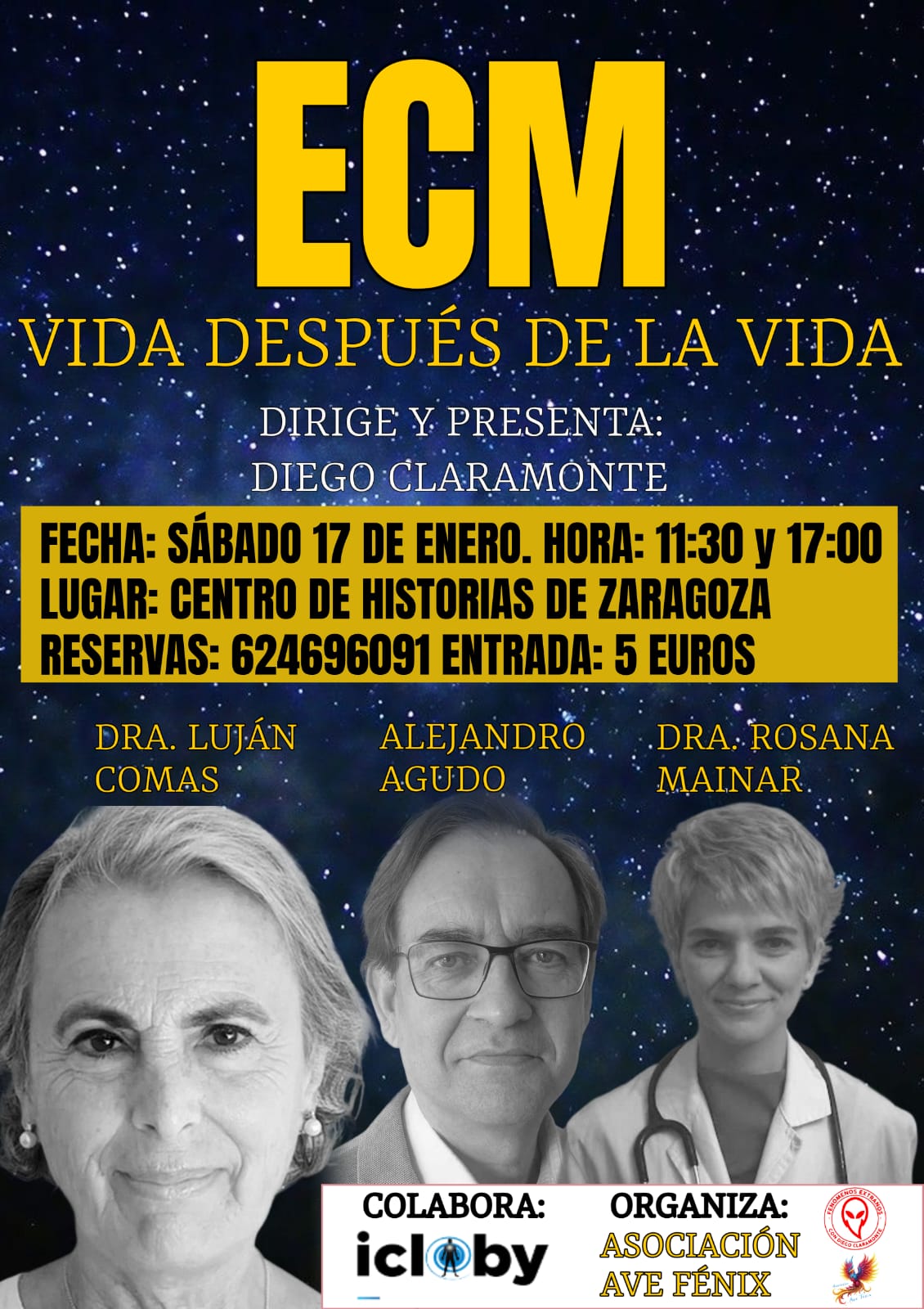Mexico was the epicenter of a new congress focused on understanding how to accompany people at the moment of death, alleviate grief, and comprehend that death is not the end of life.
Sixteen experts from five countries and diverse fields such as medicine, psychology, thanatology, and research came together as speakers.
During the event, the experts discussed the moment of death, how to support this transition, what to do with loss, and the meaning of death, offering attendees a comprehensive perspective on the entire process.
The ICLOBY Foundation contributed through the participation of its president, Dr. Luján Comas, who presented practical tools for participants, emphasizing that “The fear of death should not prevent us from living fully”.
Fear of death is a phenomenon that affects both men and women and is not exclusive to any particular age or life stage. While it may intensify as life approaches its end, even young people experience it to some degree. This is why education around the topic of death is crucial for understanding, accepting, and integrating it as part of life itself.
When we accept both life and death as integral parts of our time on Earth, the path to living without fear is opened. And when this is the mission, the ICLOBY Foundation will continue to support the dissemination of this message.





